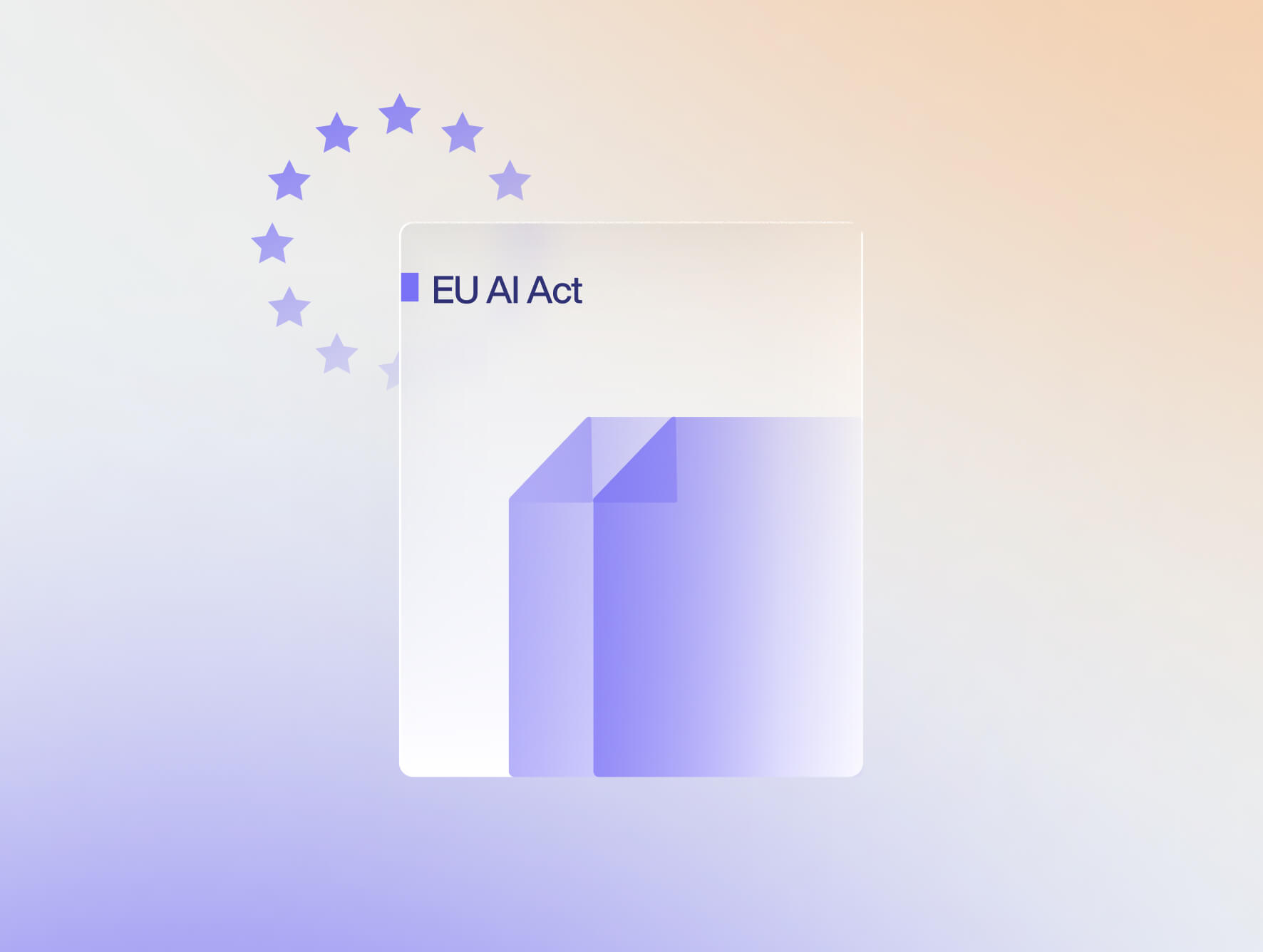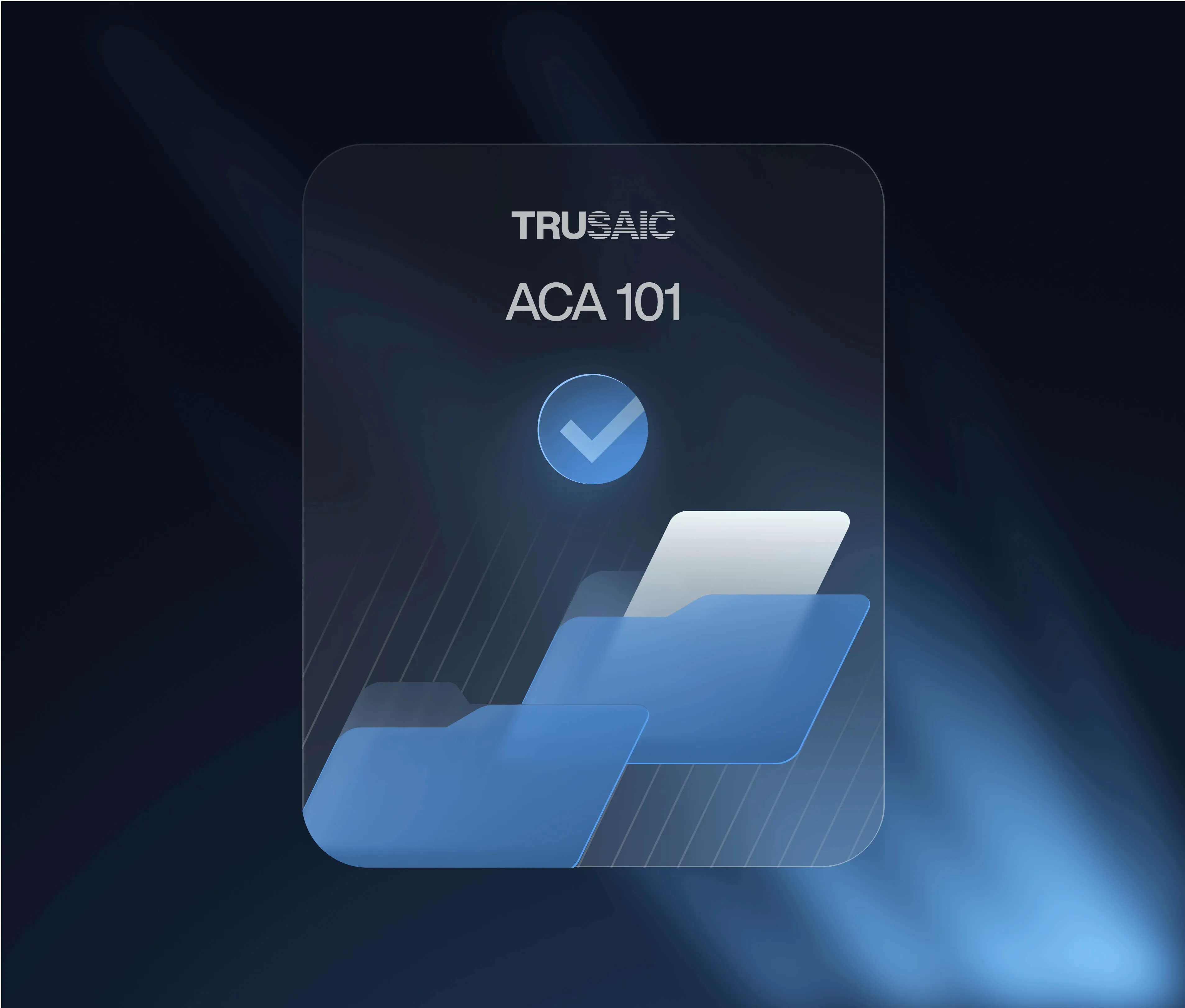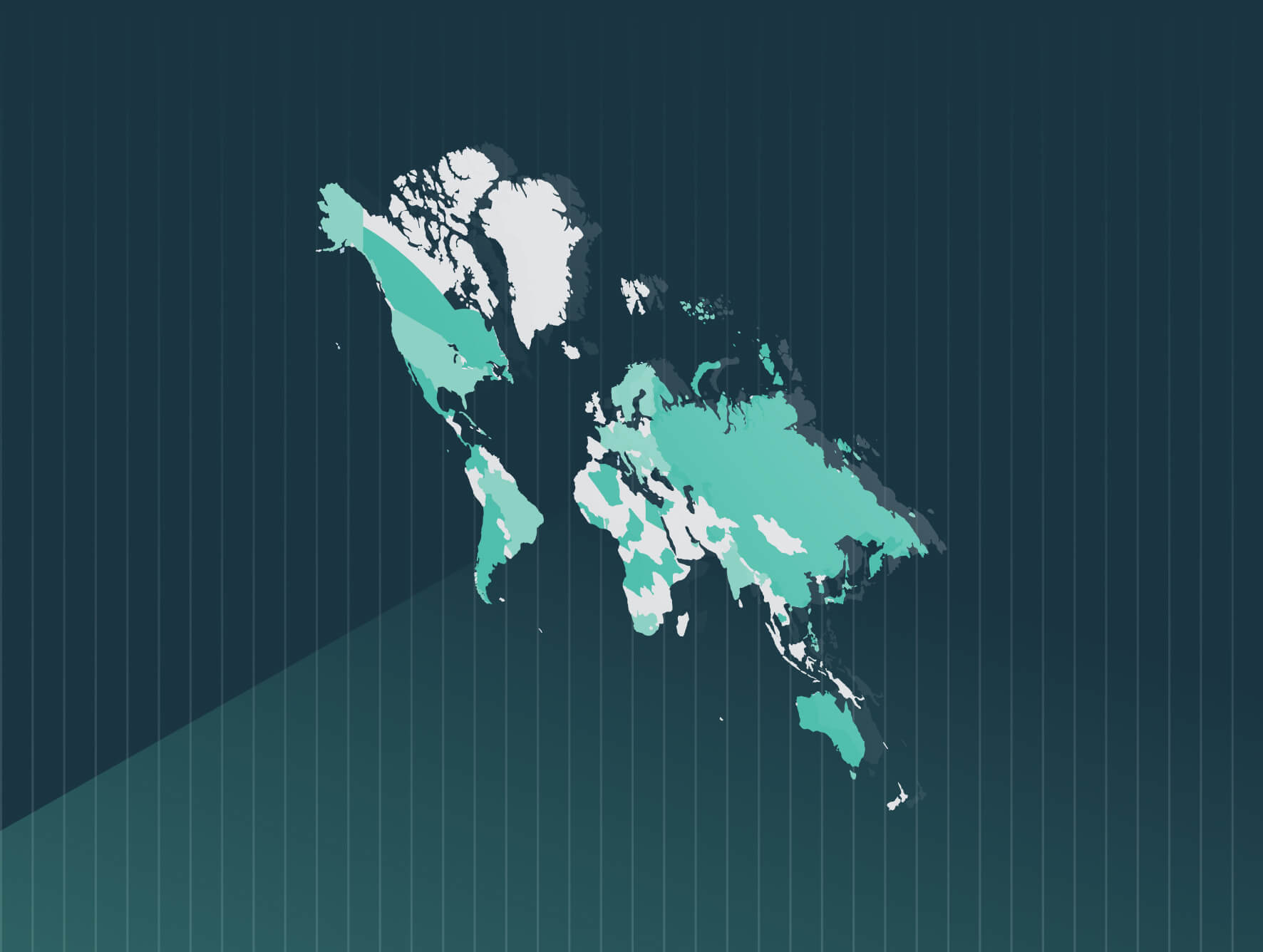Spot risks before
regulators do
Submitting pay transparency reports is more than meeting a deadline — it’s about presenting clean, defensible data. Use PayParity to uncover and address pay inequities, then produce accurate reports and contextual narratives regulators expect to avoid scrutiny and meet compliance requirements.
Schedule Demo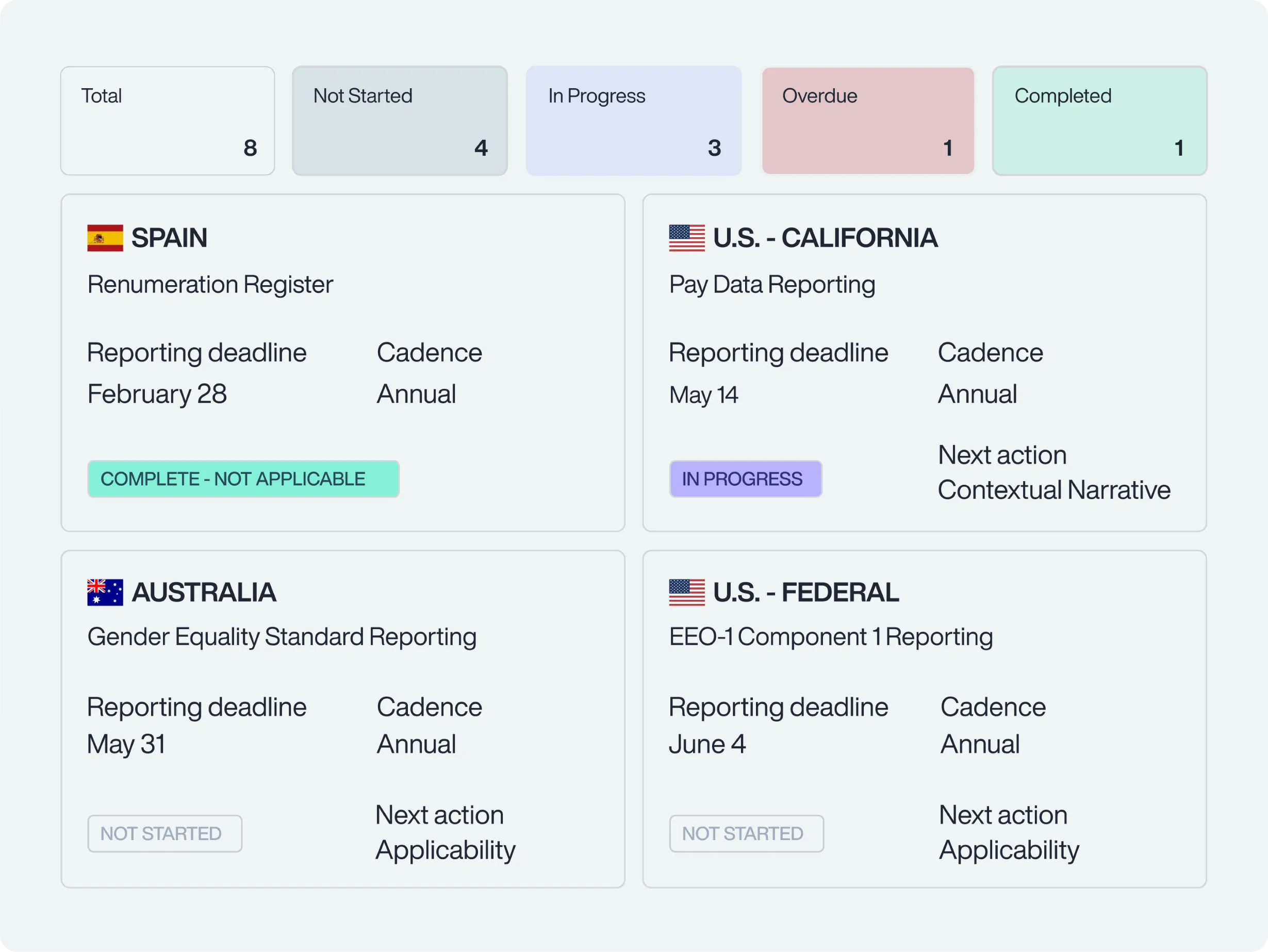
Analyze globally. Verify locally. Report confidently.
Pay transparency laws vary by jurisdiction — whether at the state, provincial, or national level — each with unique pay reporting requirements. Trusaic’s platform enables unlimited pay equity analyses globally and jurisdictionally, ensuring that your pay gap reports reflect defensible data and reduce regulatory risk.
Schedule Demo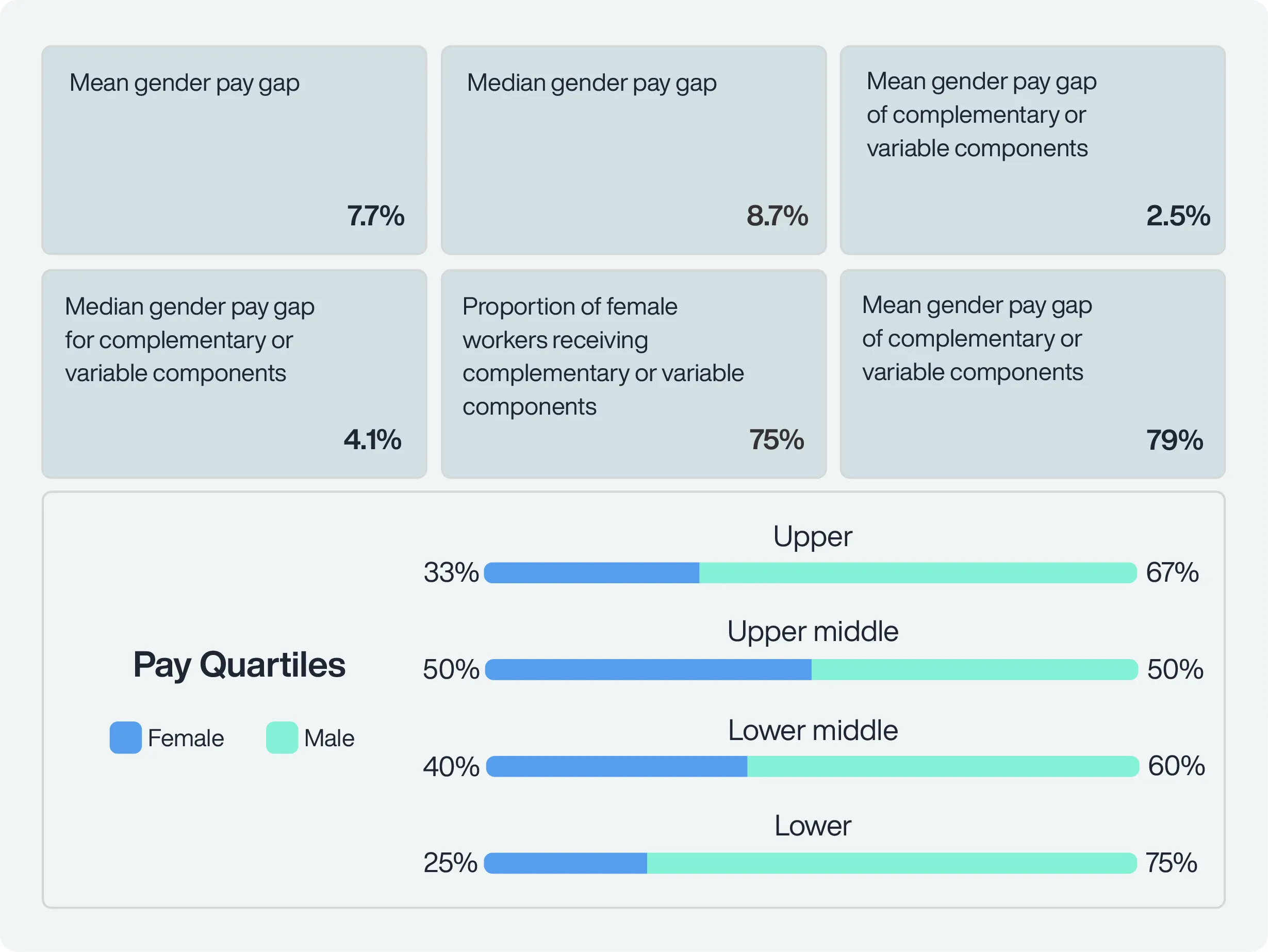
More than numbers. Defensible reports require context.
Submitting pay gap reports without context leaves your data open to interpretation — and scrutiny. Trusaic’s platform simplifies the process by providing the tools and guides you need to craft the narratives regulators expect, helping you explain your progress and ensure your reports are defensible. Control the narrative before others do.
Schedule Demo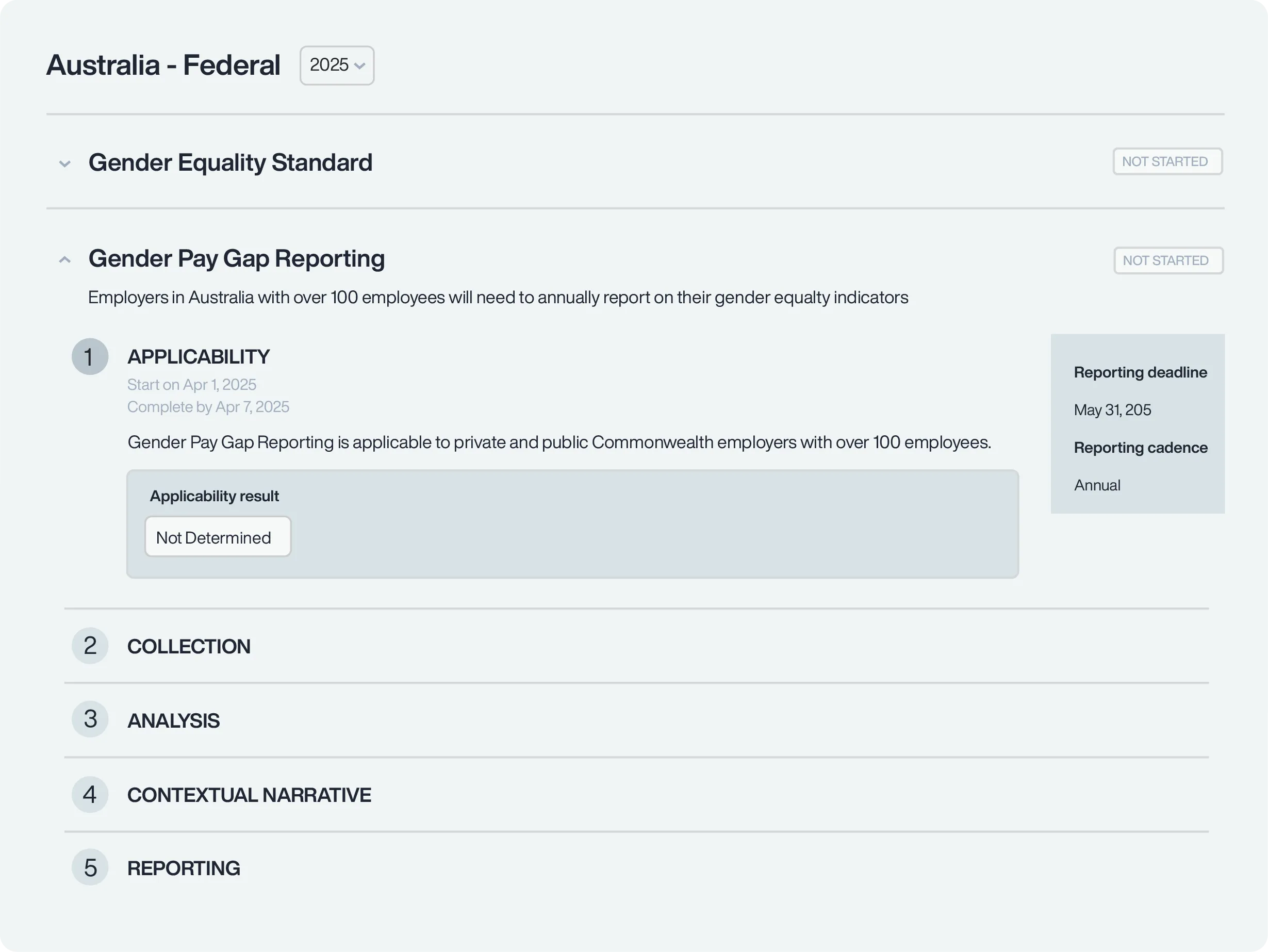
Global compliance guides updated in real time
Navigating pay transparency laws is challenging, with new regulations constantly emerging. Trusaic’s Global Pay Transparency Reporting Center provides 50+ detailed compliance guides, continuously updated by our regulatory experts to ensure you’re always informed. Our platform helps you meet local reporting requirements worldwide with confidence.
Learn More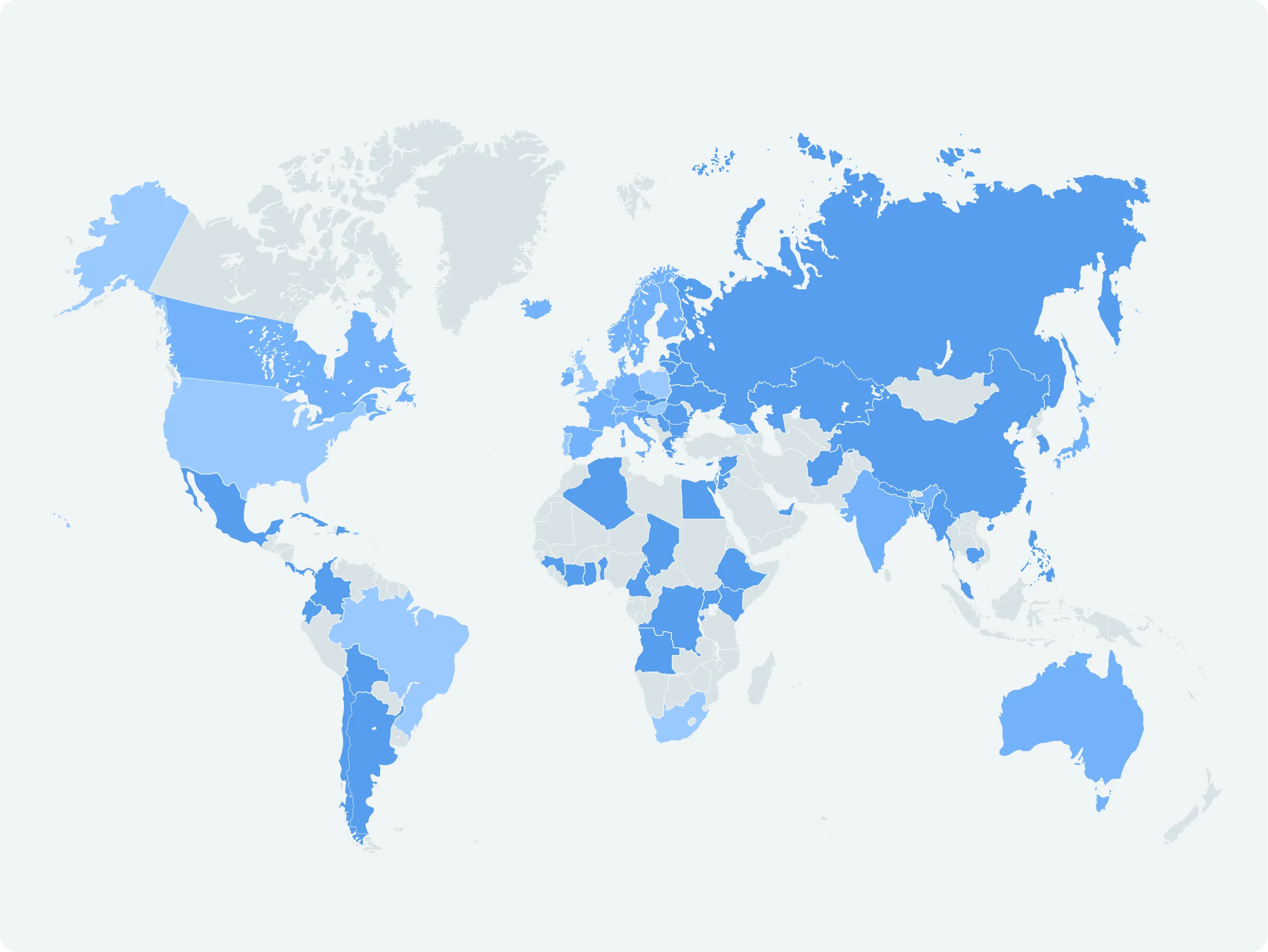
Key Features
Jurisdictional pay gap reporting
Produce reports that meet the unique
reporting requirements of over
50 jurisdictions worldwide.
Streamlined report submission
Prepare compliant pay gap reports and
contextual narratives that are submission
ready for local regulatory agencies.
Guided narrative creation
Receive built-in guidance to craft
jurisdiction-specific narratives that
explain pay gaps and reduce scrutiny.
Unlimited pay equity analyses
Run global and jurisdiction-specific
pay equity analyses to ensure your
data is defensible and ready to report.
Centralized compliance dashboard
Track reporting deadlines monitor
progress, and manage workflows across
jurisdictions in one platform.
Future-ready compliance tools
Stay ahead of evolving pay transparency
laws with a platform that adapts to
new reporting requirements worldwide.
Capabilities
FAQs
-
Can Trusaic's platform handle global pay transparency requirements?
Yes. Trusaic supports pay transparency reporting across 50+ jurisdictions worldwide. The platform helps you track deadlines, generate reports, and submit narratives to local regulatory agencies.
-
What happens if my pay transparency report shows a pay gap?
Pay gaps are common, but unexplained gaps can attract regulatory scrutiny. Trusaic helps you craft narratives to show progress toward pay equity and reduce enforcement risks.
-
How does Trusaic ensure our reports meet jurisdiction-specific requirements?
Trusaic’s platform adapts to local pay transparency laws worldwide, ensuring reports meet unique regulatory standards across states, provinces, and countries.
-
Does Trusaic help with narratives for pay transparency reports?
Yes. Trusaic provides built-in tools to help you craft contextual narratives that explain pay gaps and demonstrate your commitment to pay equity.
-
How does Trusaic help us reduce the risk of regulatory enforcement?
Trusaic ensures you meet all reporting deadlines and submit accurate, defensible reports. By addressing pay inequities in advance, you reduce the risk of regulatory action.
-
Why is pay equity analysis important before submitting pay transparency reports?
Pay transparency reporting is based on payroll data and shows unadjusted pay gaps. Pay equity analysis uses HRIS and compensation data to identify and correct unexplained pay inequities. Conducting a pay equity analysis first ensures your pay transparency reports won’t reveal illegitimate pay gaps, reducing regulatory risk.
-
What makes RAPTR™ the best pay transparency solution for global employers?
RAPTR is the only pay transparency solution built specifically for multinational organizations navigating complex, evolving regulations. It automates reporting across jurisdictions, including the EU Pay Transparency Directive, U.S. state pay transparency laws, and more. With localized compliance templates, built-in Trusaic AI™, and seamless HRIS integrations, RAPTR™ helps employers meet global transparency requirements with confidence and accuracy.
-
How does RAPTR simplify pay reporting across global jurisdictions?
RAPTR streamlines pay reporting by automating the creation of jurisdiction-specific disclosures aligned with local and international regulations. Whether you’re reporting under the EU Pay Transparency Directive, U.S. state laws, or other global mandates, RAPTR delivers compliant, localized pay reporting with built-in language support, deadline tracking, and intelligent guidance from Trusaic AI™ — all from one centralized platform.
-
What is pay transparency software?
Pay transparency software is software intended to help organizations comply with global pay transparency laws, which include gender pay gap reporting. Trusaic’s pay transparency reporting software solution helps global enterprises simplify pay transparency reporting across 50+ jurisdictions.


